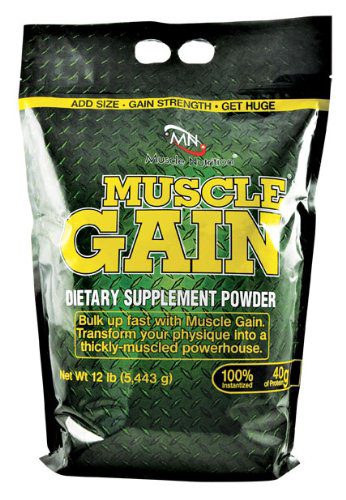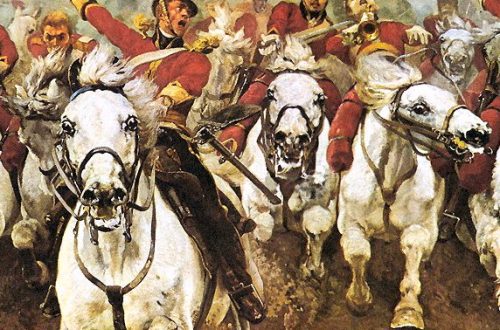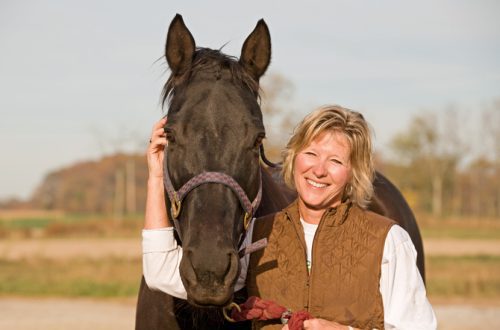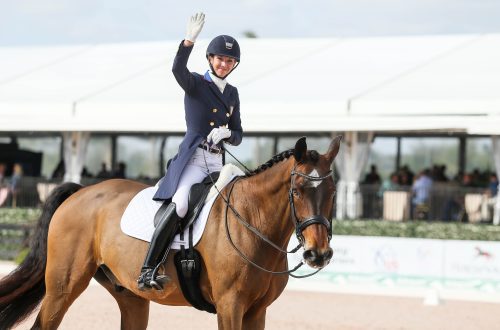
Basic muscle nutrition
Basic muscle nutrition
Well-developed muscles are more than just a pretty picture. Well-developed muscle function ensures efficient and balanced movement, speed and endurance.
By volume, about 70% of the muscles are water. But water plays a much more important role in muscles than just creating muscle mass. Dehydrated horses suffer more from muscle damage and have higher blood levels of muscle enzymes after competition. Exercise creates more oxidative stress if the muscles are dehydrated. Dehydration during running leads to more lactic acid production in the muscles and accelerates the use of glycogen – the most important source of energy during increased loads. At the same time, the body must spend 7 g of water to restore one gram of glycogen.
Even mild dehydration without obvious signs is enough to get negative consequences for the muscles. To ensure maximum performance, recovery, and training return, make sure your horse is eating at least 30 grams of regular salt per day and, in addition, carefully replace the salt lost through sweat, because in order to maintain optimal water balance, the body needs sodium. Allow your horse to drink as much as he wants after work and during extended work.
The next major muscle component is protein. If there is not enough protein in the horse’s diet, muscle mass will suffer first. If you have any doubts about the amount of protein in your horse’s diet, you can add it in the form of high quality protein from sources such as soy, whey, potatoes or peas. Typical amount: 100-200 g of protein concentrate containing 40% protein.
However, a more common problem than just a lack of protein is the lack of essential essential amino acids. Amino acids are the building blocks that protein is built from. Essential amino acids are those that the body cannot synthesize on its own, so they must come from food. The sequence of amino acids in muscle proteins is dictated by DNA. If an essential amino acid is missing, protein construction stops.
Today, lysine and threonine are thought to be the two essential amino acids most commonly deficient in horse diets, limiting the body’s ability to build muscle. They can be added to the diet in their pure form. Usually 10-20 g of lysine and 2-4 g of threonine are sufficient.
There may also be a lack of the essential amino acid methionine. Methionine has the greatest effect on muscle function, rather than on muscle volume, since, together with lysine, it participates in the formation of carnitine, a substance necessary for burning fat. It makes sense to add 5-10 g of methionine per day.
Muscles also need full spectrum of vitamins and minerals, and the lack of many of them can adversely affect their function. The most noteworthy are selenium and vitamin E. Both of these elements are often deficient and at the same time play an important role in muscle function. Energy generation generates a significant amount of free radicals, so antioxidant protection is very important.
A horse that is not well-grazed does not get enough vitamin E from the standard diet. Vitamin E protects structural cell membranes from oxidation. Add at least 2000 IU per day.
Selenium is necessary for the operation of the glutathione-dependent mechanism of protection of the intracellular environment. For most horses, a dose of 2 mg per day of selenium, preferably in the form of selenium yeast, works well.
Nutrition is a powerful tool, and it is completely in your power. Use it to maintain optimal muscle function and appearance!
Eleanor Kellon, MD; translation by Ekaterina Lomeiko (Sara).
Questions and comments regarding this article can be left in блоге the author.





